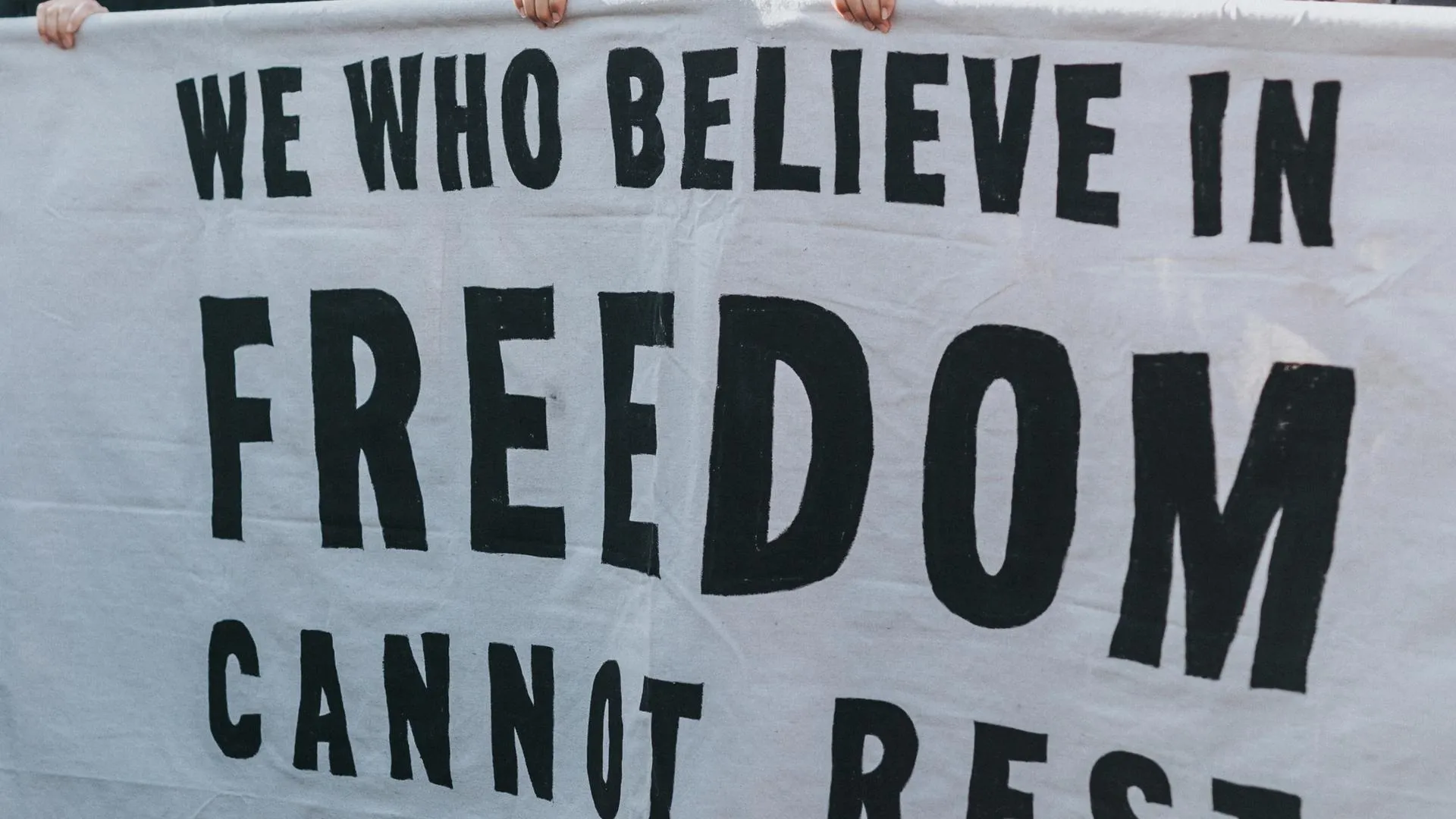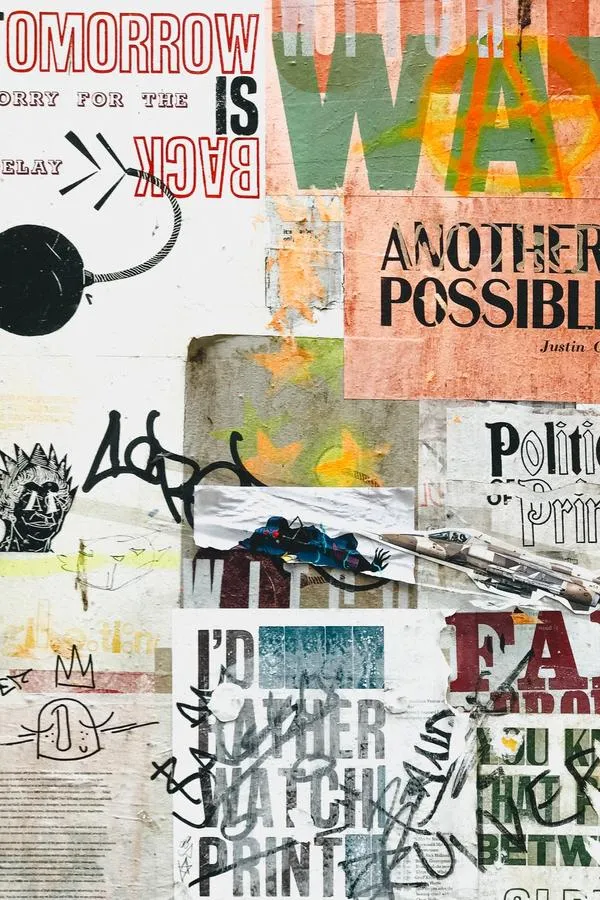Writing Freedom Fellowship
About the Program
Writing Freedom aims to recognize and elevate the vital artistic and cultural contributions of poets, fiction writers, and creative nonfiction writers impacted by the carceral system.

Writing Freedom Fellowship
Writing Freedom aims to recognize and elevate the vital artistic and cultural contributions of poets, fiction writers, and creative nonfiction writers impacted by the carceral system.

On this page:

The Writing Freedom Fellowship recognizes talented emerging and established poets, fiction writers, and creative nonfiction writers impacted by the carceral system.
Twenty fellows are supported with opportunities for professional development and shared learning, and an award.
More than two million people are imprisoned in the United States at any given time. Beyond prison and jail, the long tentacles of the carceral system impact millions more, through the border regime, policing and probation, family policing, and involuntary commitment.
Carceral institutions leave a profound impact not only on those who experience imprisonment but also on their families and communities. These systems are designed to engender isolation, dehumanization, and social stigma, and disproportionately harm communities of color and those living in poverty.
“Our understanding of American life is incomplete without voices that represent the experience and perspective of the millions of system-impacted people who live and work alongside us every day,” writes Tayari Jones, Writing Freedom advisory board member.
The Writing Freedom Fellowship aims to support and elevate the work of system-impacted writers and to help imagine a world beyond the carceral system’s punishing grasp.
The fellowship has been developed in partnership with the Mellon Foundation and the Art for Justice Fund, and in close consultation with an advisory board of established writers and advocates committed to supporting system-impacted individuals.
Developed and administered by Haymarket Books in close partnership with the Mellon Foundation and the Art for Justice Fund, the Writing Freedom Fellowship aims to elevate the essential literary voices and contributions of poets, fiction writers, and creative nonfiction writers impacted by the criminal legal system. Now in its second year, the fellowship offers crucial support to twenty emerging and established writers annually, recognizing them for their notable and necessary writing.